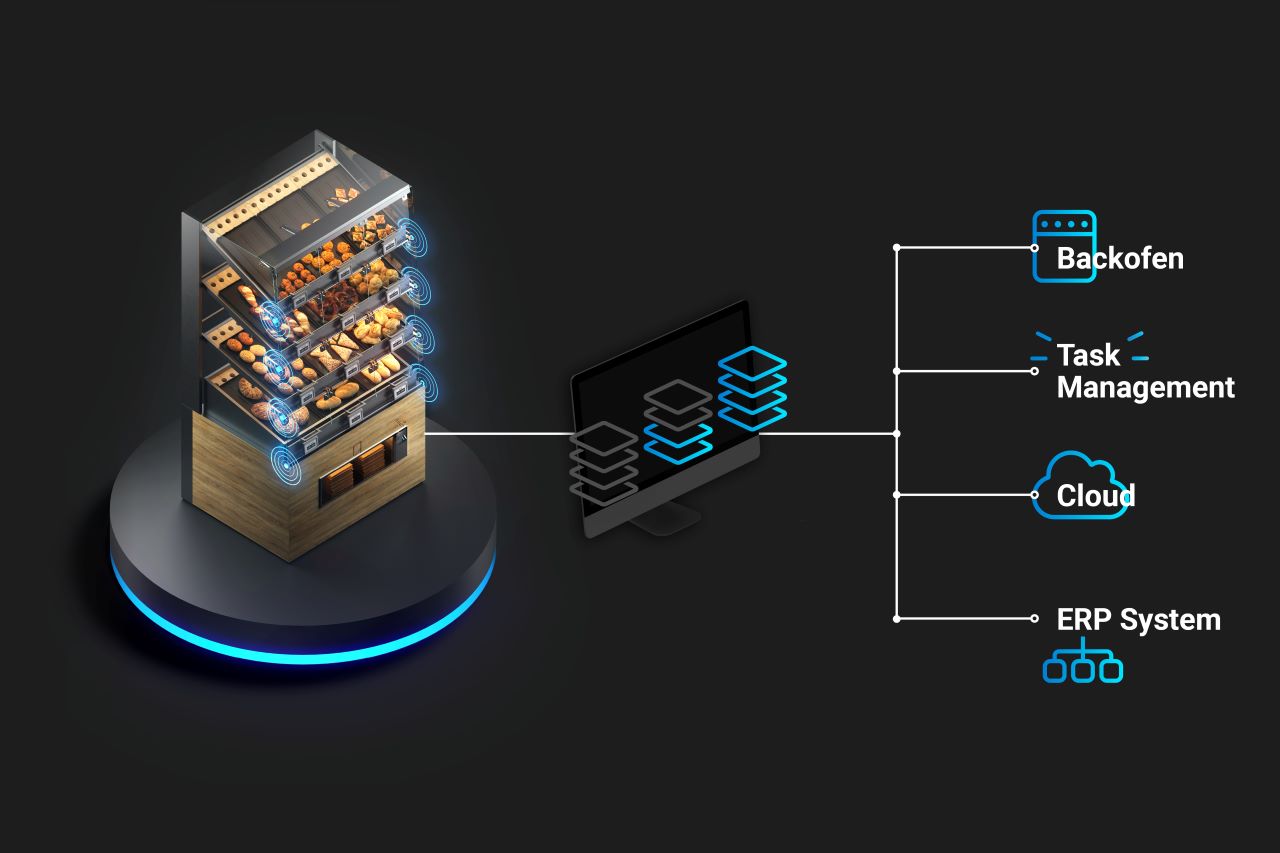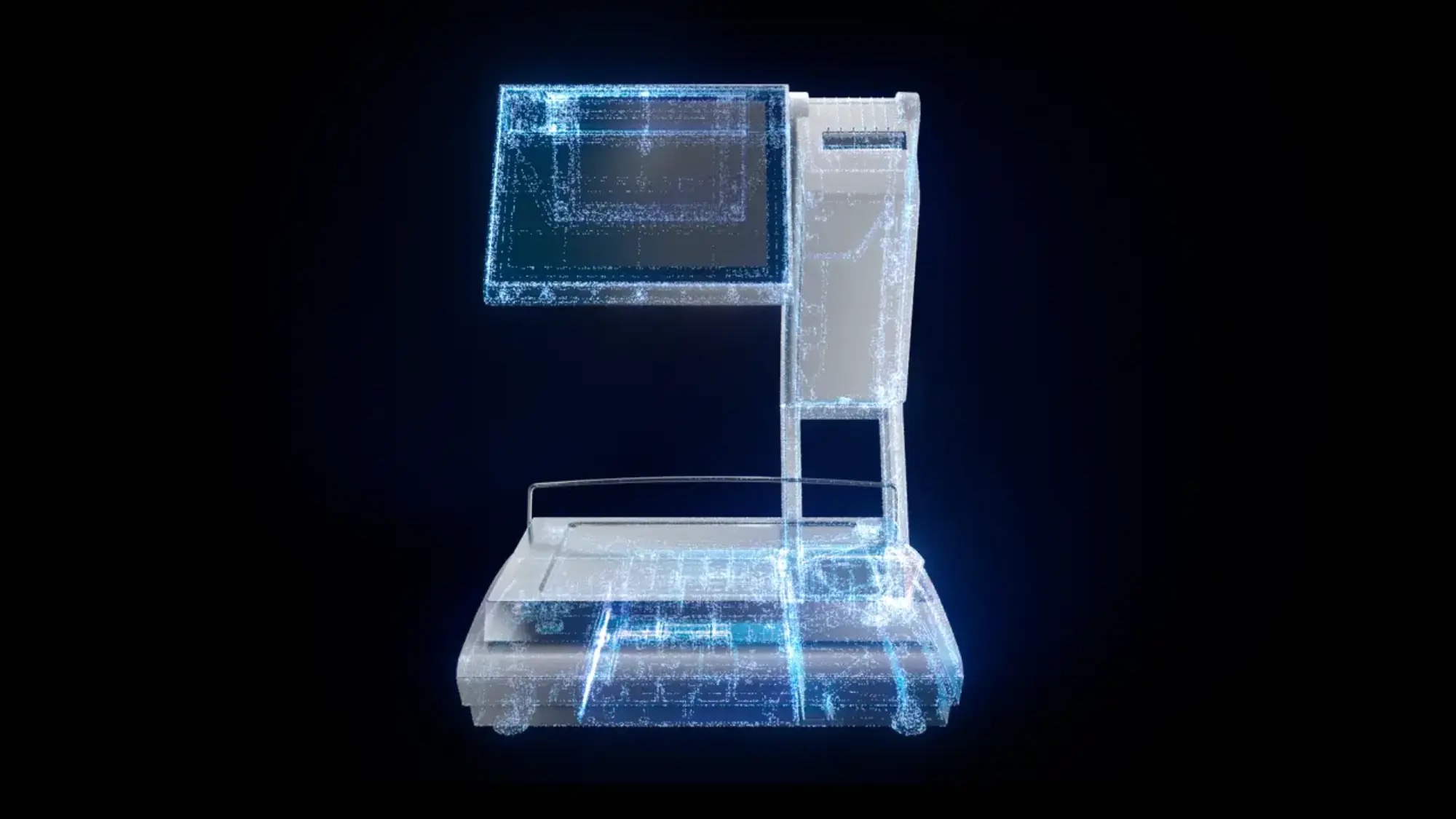As with any mature technology, the iterative evolution of components and software continues to ensure that weighing, too, is continually optimized: Reliability, speed and precision of weighing continue to improve, while the core of the measuring process remains unchanged. Apart from this, we are also witnessing fundamentally new, digital approaches on the market aimed at complying with the expectations of the target industries - or actually surpassing them with pioneering technology.
Three innovations for retail, industry, and logistics
Weighing technology specialist Bizerba is setting new benchmarks for industrial, retail and logistics weighing by introducing innovative solutions. SensorHealth, smart shelves, and vibration compensation: these three keywords describe just some of the latest weighing technology developments coming from the Balingen-based company – here is a brief overview.



